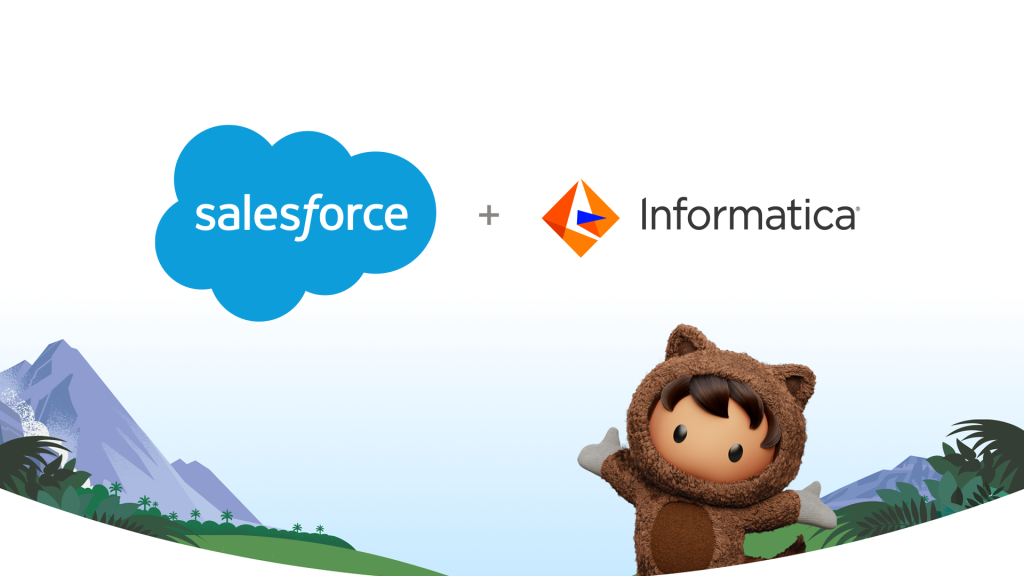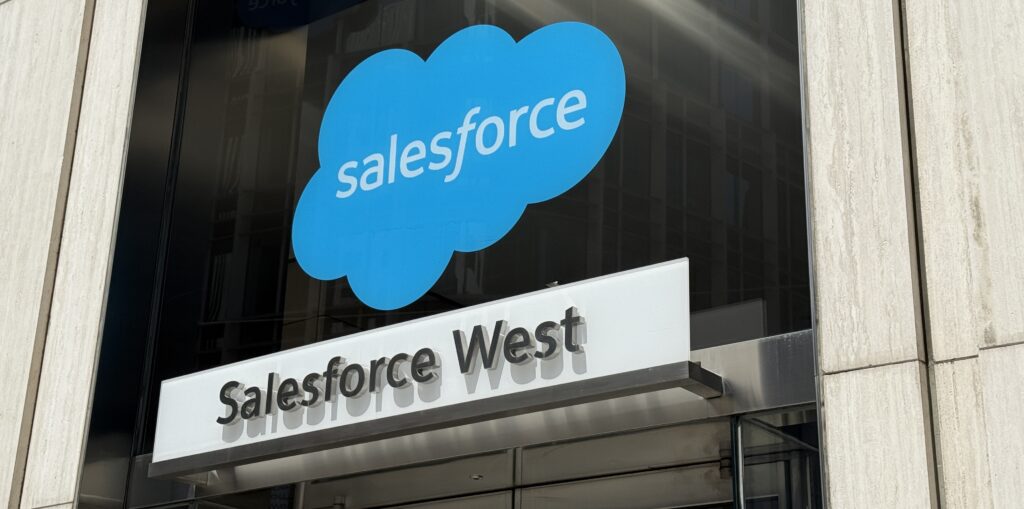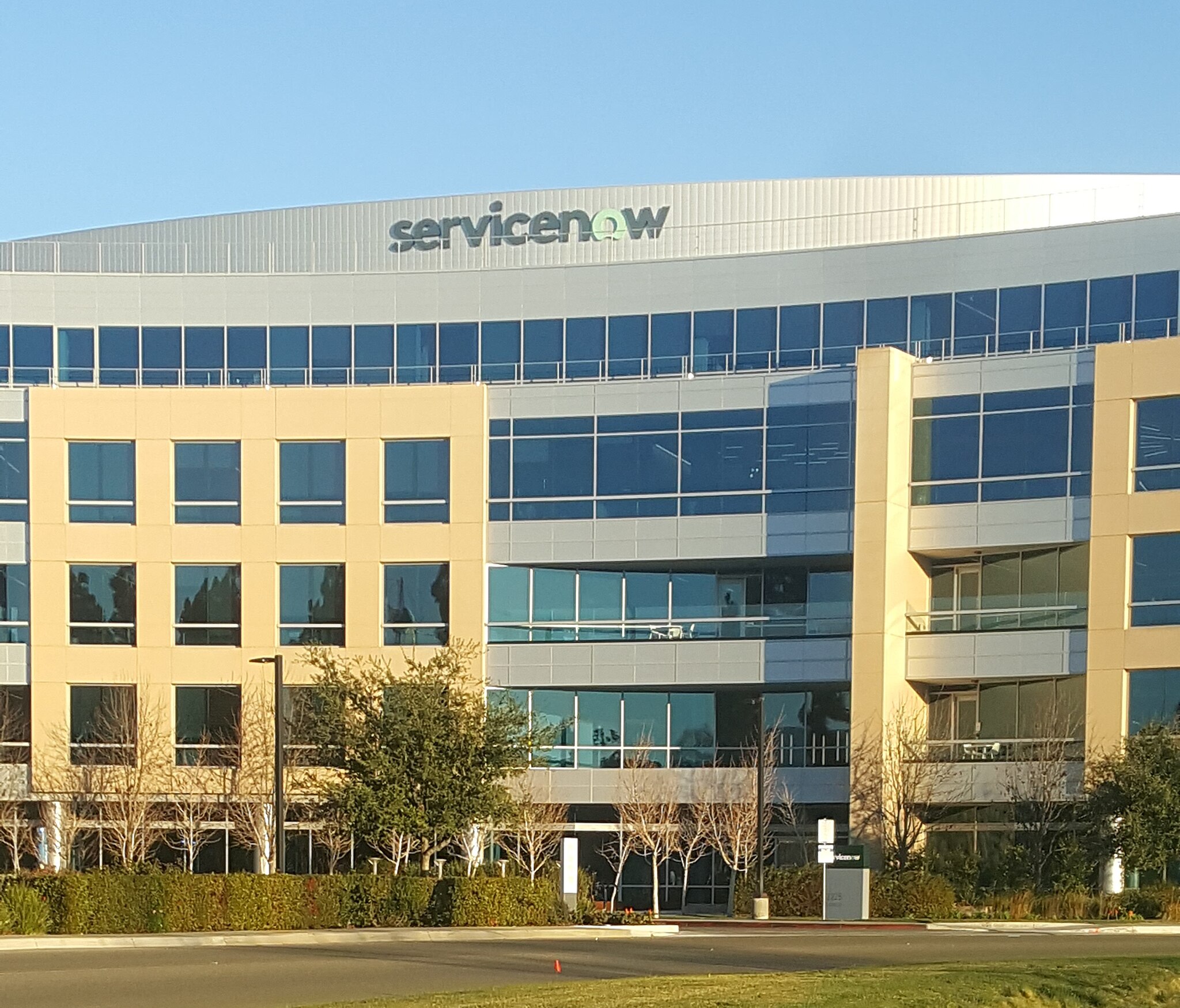Salesforce opts for legacy data management with $8 billion Informatica acquisition

By now, we all know that data fuels AI models, and that SaaS companies like Salesforce, Workday, SAP and ServiceNow all generate valuable operational data. What they are all looking for, however, is robust data integration tooling. Salesforce attempted to solve that problem on Tuesday with its $8 billion Informatica acquisition.
While Informatica’s roots stretch back to the 1990s, the company has spent recent years attempting to modernize its platform for the cloud, while layering on AI-powered features, making it a logical, if not particularly daring, fit for Salesforce’s vision. Perhaps something more modern would have been better if it could be had, but Salesforce certainly sees it as a good match.
“By uniting the power of Data Cloud, MuleSoft and Tableau with Informatica’s industry-leading, advanced data management capabilities, we will enable autonomous agents to deliver smarter, safer, and more scalable outcomes for every company, and significantly strengthen our position in the $150 billion-plus enterprise data market,” Salesforce CEO Marc Benioff said in a hype-filled statement.
To be fair, Salesforce saw the generative AI wave coming from the start. Consider that in May 2023, just six months after the introduction of ChatGPT, the company devoted the vast majority of its New York World Tour keynote to generative AI. Remember, this was early and few enterprise software companies had embraced AI at that point.
Salesforce went a step further last fall when it announced AgentForce, its agentic AI platform. Agents require the ability to move across systems to take actions, a capability Salesforce thought it had already secured when it bought MuleSoft for $6.5 billion in 2018.
Agentic AI is really about APIs meeting decision engines. What this shows is that MuleSoft wasn't good enough [on its own] and Informatica's customer base was worth buying at this premium.
~Ray Wang, Constellation Research
MuleSoft not enough
While that was a good start, especially with the shift to an agentic focus, Ray Wang, founder and principal analyst at Constellation Research, said the company realized that MuleSoft wasn’t quite enough. “Agentic AI is really about APIs meeting decision engines. What this shows is that MuleSoft wasn't good enough [on its own] and Informatica's customer base was worth buying at this premium,” Wang told FastForward.
Patrick Moorhead, founder and principal analyst at Moor Insights & Strategies, said quality data is one of the keys to AI success. And while he sees Informatica as a legacy player, it is one that has updated its platform in recent years for more modern requirements.
“I think this will make a positive addition to Salesforce’s Data Cloud product offering,” he said. “I am interested to see what they can do with other data sources like enterprise resource planning (ERP), supply chain management and human capital management, as this unlocks the most value.”
Fractional content and marketing leader Cathy McKnight, writing on LinkedIn, was a bit moderately upbeat about the deal. “On paper, Salesforce buying Informatica for $8 billion makes sense: access to cleaner, richer, governed data to feed Salesforce’s AI dreams ... you've heard of AgentForce, yes? Informatica is at the top of the metadata, integration and data quality game, exactly what you need to scale agentic AI,” she wrote.
Back to big acquisitions
But don’t forget Salesforce paused large deals like this one when it came under pressure from a plethora of activist investors in 2022 and 2023, partly because the activists didn't think Salesforce was getting enough value out of its large acquisitions. It has been limited to a few smaller purchases until this week’s announcement. In fact, the last big acquisition was a doozy when Salesforce acquired Slack for $28 billion in 2021. That’s four years ago, suggesting that it took the activist pressure seriously, but in Informatica it saw a company that was worth shelling out the big bucks for because it filled a key data management need, one that was easier to buy than to build.

But McKnight is still concerned about Salesforce’s track record of integrating acquisitions, pointing to the Slack deal as one that hasn’t exactly worked out perfectly. “Technical integrations are hard. Cultural integrations are even harder. And original visions drift when the reality of the day-to-day of making things work takes over,” she noted. In other words, it ain't easy to combine two big companies like this.
Like all major acquisitions, the deal remains subject to regulatory approval. Both company boards have already given their blessing, and closing is expected in the first part of Salesforce's fiscal 2027, about a year from now, suggesting that they could see some regulatory friction along the way.
Feature image courtesy of Salesforce





